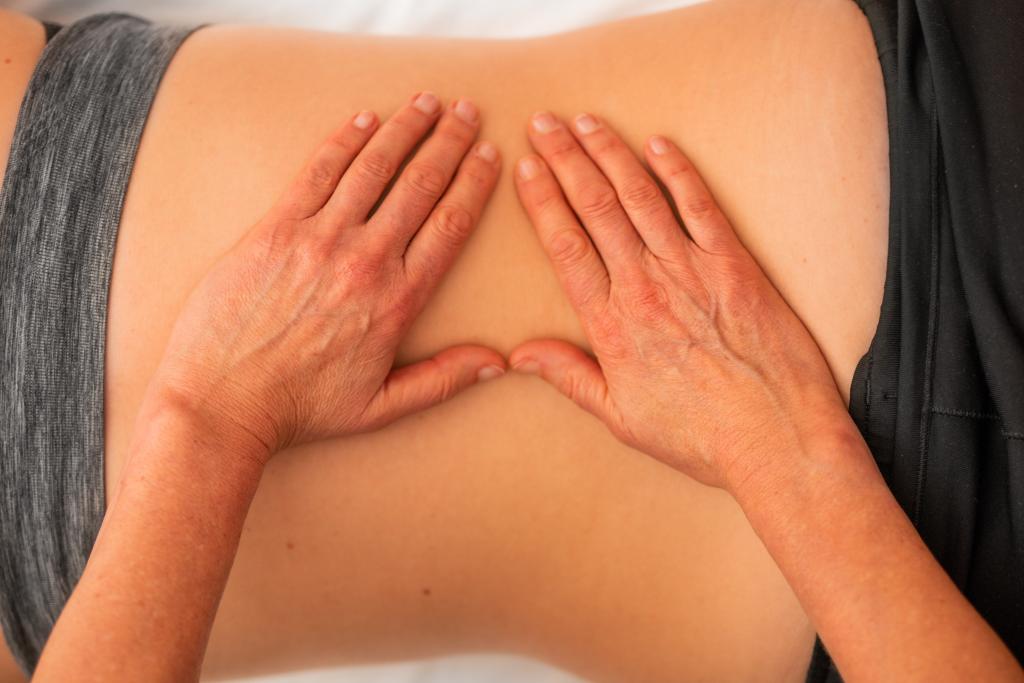
Are you pregnant and experiencing symptoms that are making you feel sick or uncomfortable?
During pregnancy it’s very normal to experience a variety of symptoms, some less pleasant than others. While they may be expected, some symptoms can cause you to feel discomfort.
At the beginning of your pregnancy your body is doing everything it can to take care of the tiny embryo growing inside your uterus. It’s only the beginning, but your immune system changes, your blood volume increases and your body is flooded with hormones to help grow and protect your embryo.
Progesterone and oestrogen levels increase and your body begins to produce a pregnancy hormone called human chorionic gonadotropin, otherwise known as HCG. HCG is what’s detected during a pregnancy test, and can appear as early as 10 to 14 days into your pregnancy.
All these hormones play important roles, but they can cause a range of symptoms, including:
How to cope with the most common pregnancy symptoms:
Morning sickness is common between six and 14 weeks of pregnancy, and despite its name, it can happen anytime of the day. Nausea during pregnancy normally stops after the first trimester, however some women may experience it throughout their pregnancy.
Morning sickness can’t be cured completely, but we spoke with our Grace obstetricians and there are a few changes you can make to your lifestyle and diet that may relieve the severity of your morning sickness.
Other alternative therapies that women try include ginger, acupressure, acupuncture, aromatherapy and hypnosis.
For morning sickness, Grace dietitian Sharnie Dwyer can assist with diet, gestational diabetes, prenatal and postnatal nutrition. If you continue to experience serious nausea past the first trimester, it’s important to speak to your obstetrician to rule out any other conditions.
Although they may be uncomfortable, headaches are also quite common during pregnancy. In some cases you can take paracetamol, however it’s always best to speak with your doctor or obstetrician first.
If your headaches are accompanied by other symptoms such as dizziness or changes in your vision, contact your obstetrician.
Unfortunately there’s not much you can do for breast tenderness in the early stage of pregnancy. Choose supportive bras (a bigger size may be more comfortable) and try to avoid sleeping on your chest.
Many women suffer from constipation in early pregnancy due to the rising levels of progesterone which can affect the digestive system.

As your body starts to change you might experience some lower back aches and pains. To relieve the discomfort, you can try:
Your body is undergoing some major changes during pregnancy, so some fatigue is completely normal. Try having short naps during the day if you need it and always get as much sleep as possible.
Heartburn can be triggered by hormonal changes as well as your growing baby pressing on your stomach. It’s normally felt as a burning in your chest and a bitter taste and fluid in your mouth. Heartburn can be reduced by:
You’ll probably notice you’re visiting the toilet more often at the beginning and at the end of your pregnancy. Don’t decrease your fluid intake, as long as it is not accompanied with pain or burning it is normal and will eventually subside.
At Grace Private we can be there for you from your first antenatal appointment, to the delivery and beyond. Our highly skilled and experienced team of women’s health GPs, nurses, midwives, obstetricians, physiotherapists, psychologists and dietitians take a holistic approach to pregnancy care on the Gold Coast.
For an appointment with a Women’s Health GPs, make an appointment online, or to start your pregnancy journey with a Grace obstetrician, ask your ‘Grace’ next time you visit your GP.

